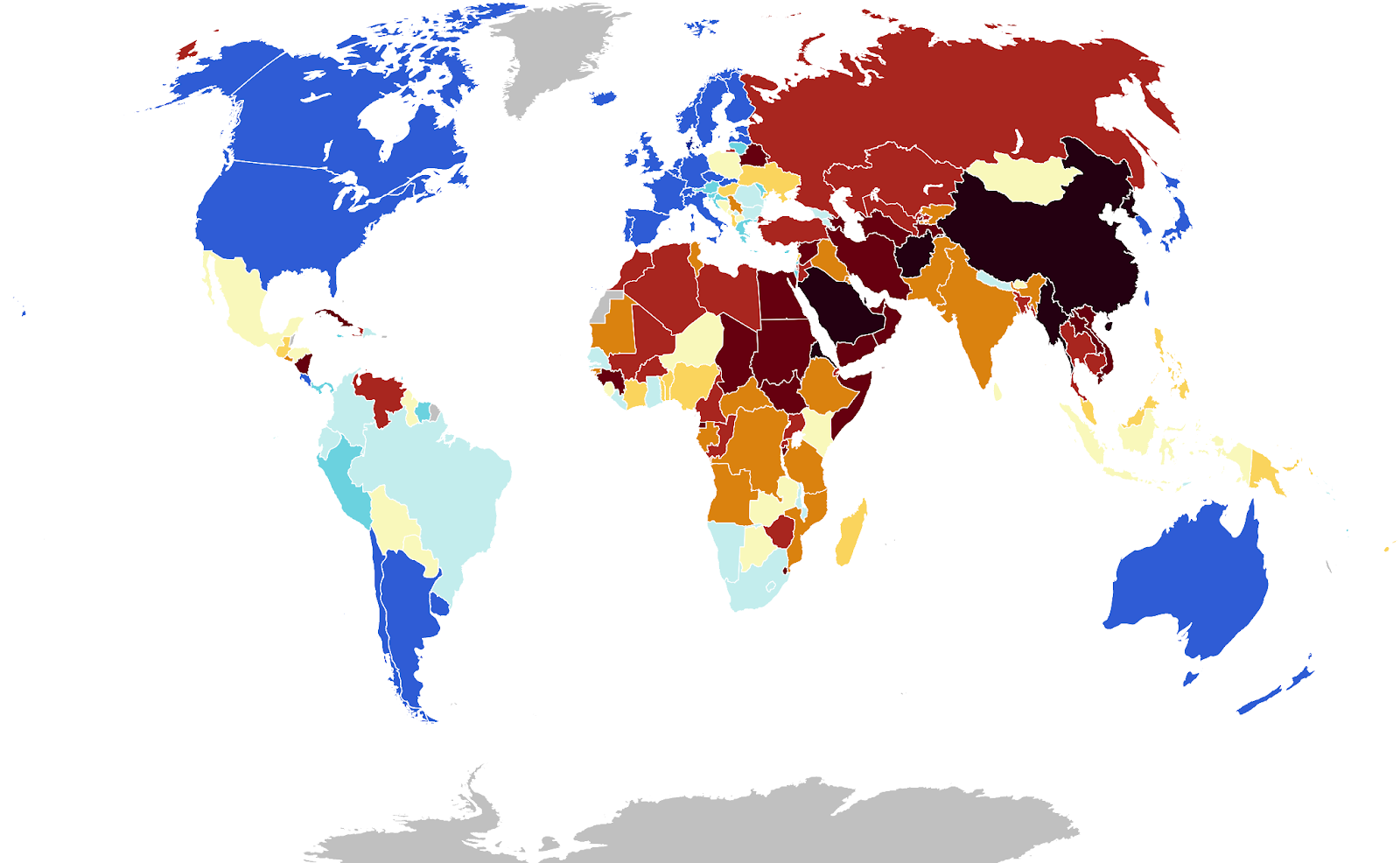Belgium Allows Workers to Request Four-Day Work Week
Belgian Prime Minister Alexander De Croo announced that Belgian workers could request a four-day work week at a press conference on February 15. (Flickr)
Belgium employees can now choose to work a four-day work week without a reduction in pay after the Belgian government agreed to labor reform laws on February 15. The agreement seeks to give workers more flexibility and improve productivity, considering the COVID-19 pandemic has made it difficult for workers to separate their private and working lives.
“We have experienced two difficult years. With this agreement, we set a beacon for an economy that is more innovative, sustainable and digital. The aim is to be able to make people and businesses stronger,” Belgian Prime Minister Alexander De Croo said at a press conference.
Under the new agreement, workers must still work a 40-hour week but can now request to work four ten-hour days instead of five eight-hour days. Companies can still refuse employees’ requests for a condensed work week but must explain their refusal in writing. Workers can also choose to work more during one week and less during the next, allowing Belgians further flexibility in organizing their working and private lives.
The agreement also affords workers the “right to disconnect.” Meaning, employees at businesses with 20 or more people can opt not to answer calls or emails between 11:00 pm to 5:00 am. Around 65,000 government workers have also gained this “right to disconnect” as part of the agreement.
The “right to disconnect” is not a novel concept for Europe. Between 2016 and 2018, France, Italy, and Spain passed legislation allowing workers to disconnect. Ireland followed suit in 2021.
“The COVID period forced us to work in a more flexible way. The labour market had to adapt to this,” De Croo said. However, he also acknowledged that Belgium has lagged behind other European countries in terms of labor reform, saying, “If you compare our country with others, you’ll often see we’re far less dynamic.”
Iceland, for example, pioneered the four-day work week in a trial between 2015 and 2019. Researchers found that although workers were paid the same for fewer hours, productivity remained constant or improved in many workplaces. Workers also felt less stressed and had a decreased risk of burnout. Now, nearly 85 percent of Iceland’s population has opted to work a four-day work week. Spain and Scotland also have policies that allow employees to work 32-hour, four-day work weeks without a reduction in pay.
Though Belgium’s agreement still requires employees to work 40 hours a week, De Croo pointed to worker flexibility as key to lowering Belgium’s unemployment rate. Only 71.4 percent of Belgians aged 20 to 64 are employed– ten percentage points lower below Germany and the Netherlands. “With this agreement, we are setting the benchmarks for a good economy,” De Croo said.











